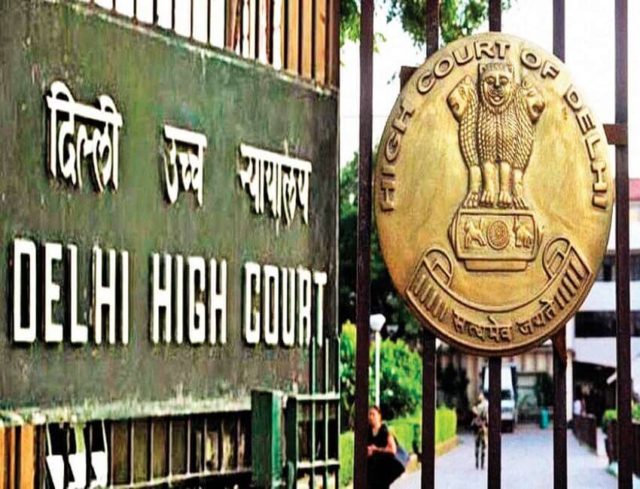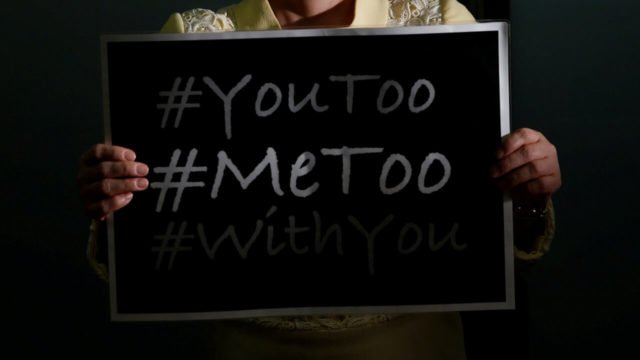Sexual harassment is something which renders the victim emotionally tarnished. It takes a lot of courage and inspiration for the victim to come out and tell her story, and the same was seen through the #MeToo movement over Twitter.
This gave them strength and a platform to step out and tell the horrifying incidents they went through.
There is no doubt that this movement has both social and legal implications. A social and media trial over Twitter is not enough to bring justice into force. Till the time judiciary won’t intervene, allegations would remain just allegations and no constructive step against such cases can be taken.
But what if the court itself suppresses such social media initiatives?
Yes… the recent directions of the High Court of Delhi indicate towards something similar.
Delhi High Court recently told the victims of sexual harassment and other parties of such cases not to disclose their details over internet or to the media and this direction is sure to create a lot of hue and cry.
Let’s take a look at why this was needed.
What The Court Said
The matter of #MeToo has now reached the High Court and amidst this, a bench of Chief Justice Rajendra Menon and Justice VK Rao of the Delhi High Court has directed both sides in cases of sexual harassment, i.e., the victim and the alleged, to refrain from making comments on the issue or disclosing identities of those involved, over social media platforms.

The direction of the court also restraints any third party from broadcasting any opinion over the matter on social media or on any media platform for that matter.
Read Also: Powerful Men Whose Careers Are Destroyed By #MeToo Disclosures
Why Is This Done
This advisory comes in furtherance of a case where the aggrieved woman who worked for an online media platform, contended that her senior employees sexually harassed her. She claimed that she had undertaken a complaint about the same, but it was rejected by the Internal Complaints Committee (ICC) of the portal after which she moved to the High Court last year.

The Court on November 7, 2017, while dealing with the issue had directed to ensure suppression of the identities of persons involved in the matter. But now, the woman has come forward with her grievances over Twitter under the #MeToo campaign, as a platform to air her matter as well as names of all those who were involved. This step by the lady maybe wise on her part but breaches the ruling given by the High Court.
Why Not To Speak Up
Such a direction not only stops victims from voicing such horrifying incidents but would also hamper the motive behind such movements. The main motive of the #MeToo movement was to make women come out and speak up.
The Hon’ble court may have very rightly given these directions to ensure that nobody’s image is tarnished, neither of the victim’s nor the alleged’s, and to safeguard the credibility of witnesses and evidences, but it hampers the rights of the victim, according to me.
If someone has done no wrong, then the world would know it. But, by demoralizing victims engaging in such movements, wrong is done to the one who is daring to speak up believing that she would be heard. When one had been in fear so much so that they could not even tell their tale, in such cases, these directions would further decrease their initiative.
Apart from demoralisation, another thing that needs to be noted is that if such a direction comes into force, many of the culprits would conveniently move away from such issues.
Since such crimes are offences against the society, the society righteously deserves to know who is the culprit. Suppressing their identity may look like harbouring them, which should be done under no circumstances.
Image Source: Google Images
Sources: Hindustan Times, Firstpost, Aime Legal
You Would Also Like To Read:





































